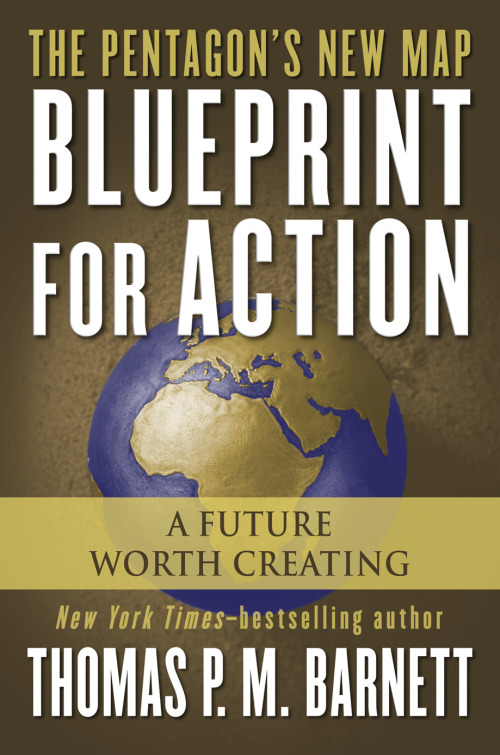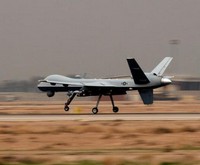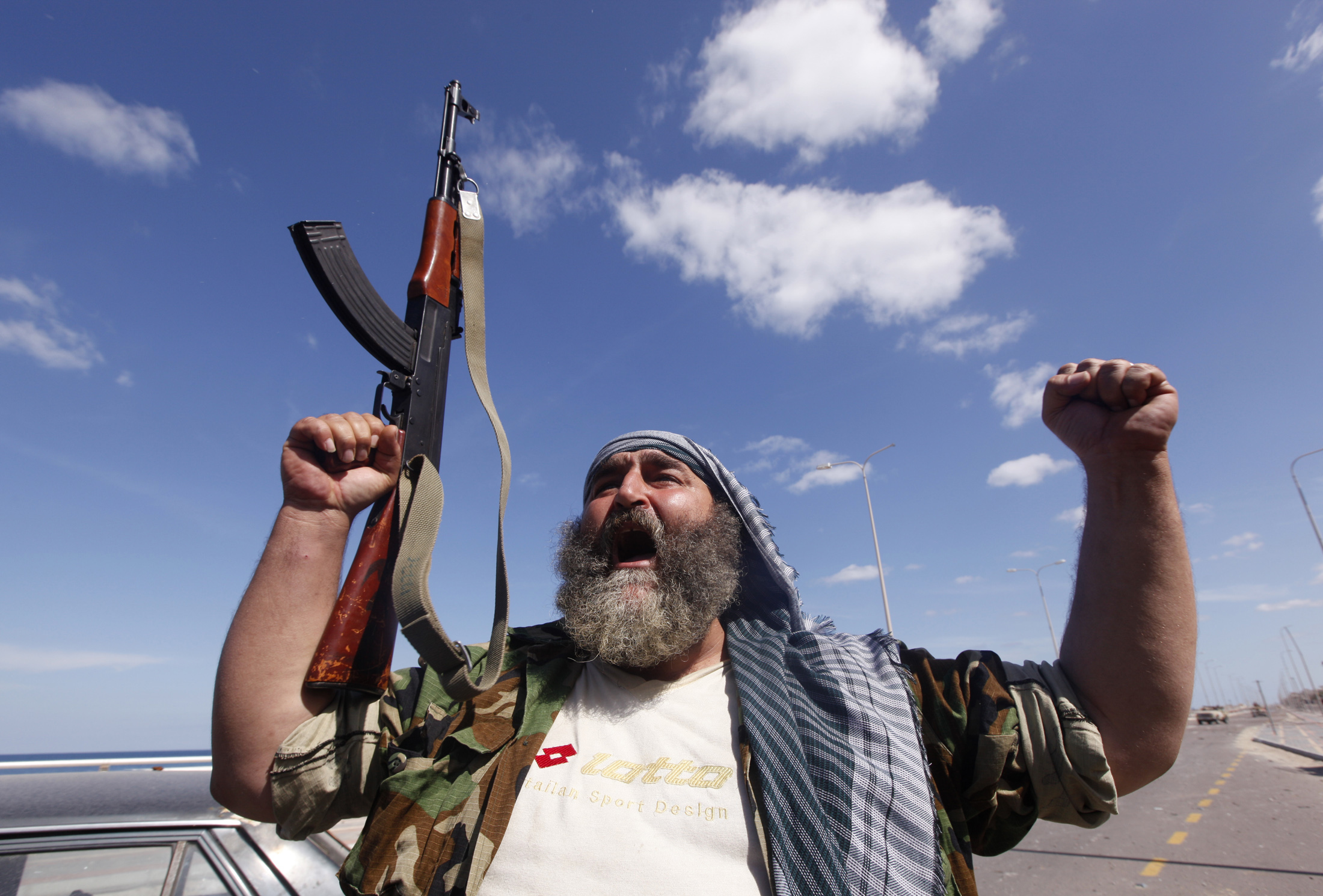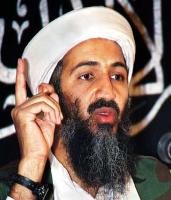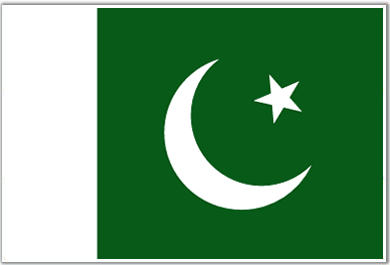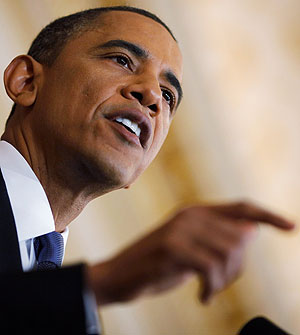Even better retrospective on Afghanistan by Robert Kagan
 Friday, August 27, 2021 at 1:07PM
Friday, August 27, 2021 at 1:07PM Kagan has consistently been the best analyst on the Global War on Terror.
Find his lengthy WAPO op-ed here: https://www.washingtonpost.com/opinions/2021/08/26/robert-kagan-afghanistan-americans-forget
Nothing for me to add, except to highlight finall three grafs:
In fact, the “war on terror” has been successful — astoundingly so. If you had told anyone after 9/11 that there would not be another major attack on the U.S. homeland for 20 years, few would have believed it possible. The prevailing wisdom at the time was that not only would there be other attacks, but they would be more severe. In 2004, Harvard’s premier foreign policy expert, Graham Allison, predicted that it was “more likely than not” that terrorists would explode a nuclear weapon in the United States in the coming decade. What former Obama and current Biden officials Rob Malley and Jon Finer observed three years ago remains true today: “No group or individual has been able to repeat anything close to the devastating scale of the 9/11 attacks in the United States or against U.S. citizens abroad, owing to the remarkable efforts of U.S. authorities, who have disrupted myriad active plots and demolished many terrorist cells and organizations.”
That this fact is rarely noted as Americans argue about Afghanistan is remarkable. Does anyone think these efforts would have been as successful if after 9/11 the United States had left the Taliban and al-Qaeda in place for all these years? And it is interesting that so many Americans now believe the price has been too high. As often happens, the fact that the United States hasn’t been hit again tends to reinforce the idea that there never was a serious threat to begin with, certainly not serious enough to warrant paying such a price. But this is again the difference between living history forward and judging history backward. If someone had told Americans after 9/11 that they could go two decades without another successful attack but that it would cost 4,000 American lives and $1 trillion, as well as tens of thousands of Afghan lives, would they have rejected it as too high? Likely not.
When Americans went to war in 2001, most believed that the dangers of inaction had become too great, that threats of both international terrorism and weapons of mass destruction were growing, and that serious efforts had to be made to address them. Today, many Americans increasingly believe that those earlier perceptions were mistaken or perhaps even manufactured. With America’s departure from Afghanistan, we may begin to learn who was more right.
















